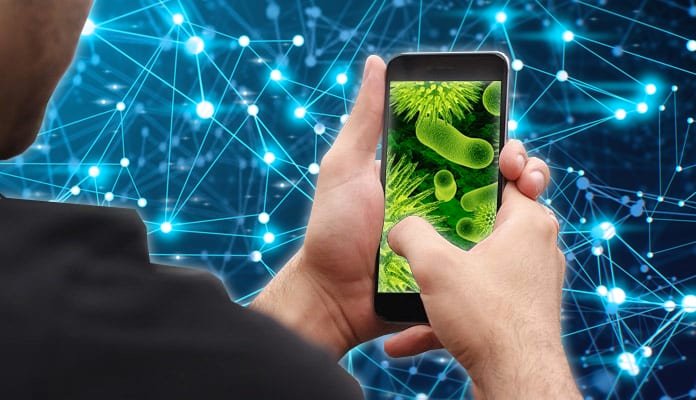
Can iPhones Get Viruses?
In today’s digital age, where smartphones are integral to our daily lives, concerns about mobile security are ever-present. The question “Can iPhones get viruses?” frequently poses a potential threat among many stresses. We should dig into this point and separate reality from fiction.
Introduction: Can iPhones get viruses?
The introduction to any article serves as a gateway, providing readers with a glimpse into the topic’s significance and setting the stage for further exploration. In digital security, “Can iPhones get viruses?” is a mark of interest and worry for cell phone clients worldwide.
Understanding the ramifications of this question requires a nuanced approach, considering the developing scene of network safety and the far-reaching dependence on cell phones in our regular routines.
By diving into the complexities of iPhone safety efforts and their likely weaknesses, we mean to reveal insight into this essential subject and equip perusers with the information expected to explore the computerized scene with certainty and mindfulness.
Defining Viruses in the Context of iPhones
In the Context of iPhones, defining viruses is essential to grasping the potential threats to these devices’ security. Infections allude to vindictive programming intended to penetrate, disturb, or compromise the usefulness of electronic gadgets, including iPhones.
These deceptive projects can range from malware that takes individual data to phishing tricks that stunt clients into uncovering delicate information. Understanding the idea of infections regarding iPhones includes perceiving their capacity to take advantage of weaknesses inside the gadget’s working framework or outsider applications.
By clarifying the qualities and dangers of these advanced hazards, clients can more readily defend their iPhones against potential security breaches and safeguard their data from falling into unacceptable hands.
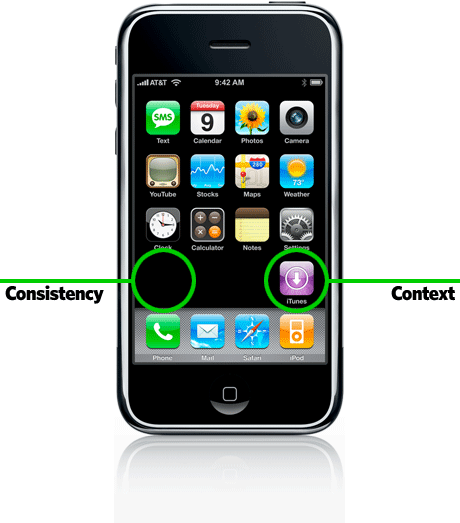
Can iPhones get viruses?
Whether iPhones can get viruses is a common concern among smartphone users. While iPhones are seen as more secure than various gadgets, they are not impervious to contamination and malware. Although the iOS working framework integrates vigorous safety efforts, including application sandboxing and arduous application audit processes, weaknesses exist.
Clients can coincidentally download noxious applications or succumb to phishing tricks, presenting their iPhones with expected dangers. IPhone clients must stay careful, pursue safe perusing routines, and introduce security refreshes immediately to relieve the risk of experiencing infections. While the probability of iPhones getting infections might be lower at different stages, it’s urgent to perceive that they are not impenetrable to security dangers.
Exploring the Myth vs. Reality
Exploring the myth versus reality surrounding the susceptibility of iPhones to viruses is crucial for understanding the proper level of risk involved. At the same time, there’s a typical conviction that iPhones are utterly invulnerable to infections; it is more nuanced.
While iOS flaunts powerful security features, it’s not immune. Examples of malware and phishing assaults focusing on iPhones have been archived, featuring the significance of remaining careful. Be that as it may, in contrast with different stages, for example, Android and iPhones mostly face fewer security dangers because of Apple’s severe application survey process and shut-down biological system.
Regardless, clients should perceive that while the gamble might be lower, it’s present. By dispelling the legend of invulnerability, clients can proactively shield their iPhones from potential security breaches.

How iPhones Are Protected Against Viruses
Understanding how iPhones are protected against viruses is vital for users to trust in the security of their devices. Apple has implemented multiple layers of defense to safeguard iPhones from malicious software. One key aspect is incorporating built-in security features within the iOS operating system.
These features include sandboxing, which isolates apps from each other and the core system to prevent unauthorized access. Moreover, iPhones use strong encryption to shield client information from unapproved access.
Besides, Apple thoroughly audits all applications before permitting them into the Application Store, limiting the risk of clients downloading vindictive programming. By consolidating these actions, iPhones provide clients with a safe climate for computerized exercises, imparting trust in the gadget’s capacity to endure likely dangers.
Built-in Security Features
The built-in security features of iPhones play a pivotal role in safeguarding users’ data and privacy. One of the central instruments is sandboxing, which keeps each application in its own virtual space, keeping it from accessing information or assets from other applications without express authorization.
This segregation guarantees that, regardless of whether one application is compromised, it can’t think twice about the whole framework. Moreover, iPhones utilize robust encryption procedures to safeguard delicate data put away on the gadget, such as passwords, installation subtleties, and individual information.
These encryption strategies make it incredibly challenging for unapproved gatherings to catch or translate client information. Combined with everyday security refreshes and severe protection controls, these underlying highlights establish a solid climate for iPhone clients, imparting trust in the gadget’s capacity to battle potential security dangers.
App Store Regulations
Apple’s App Store regulations are a crucial defense against malicious software infiltrating iPhones. Before any application is made accessible for download, it goes through a thorough survey process by Apple’s group of specialists. This interaction incorporates an investigation of the application’s usefulness, safety efforts, and adherence to Apple’s rules and strategies.
Apple plans to limit the risk of clients unintentionally downloading malware or malevolent programming by checking each application before it arrives at clients. Furthermore, the Application Store’s organized climate makes clients trust the applications they download, realizing they have been verified for security and quality. Generally, Application Store guidelines contribute to maintaining the respectability and security of the iOS biological system.
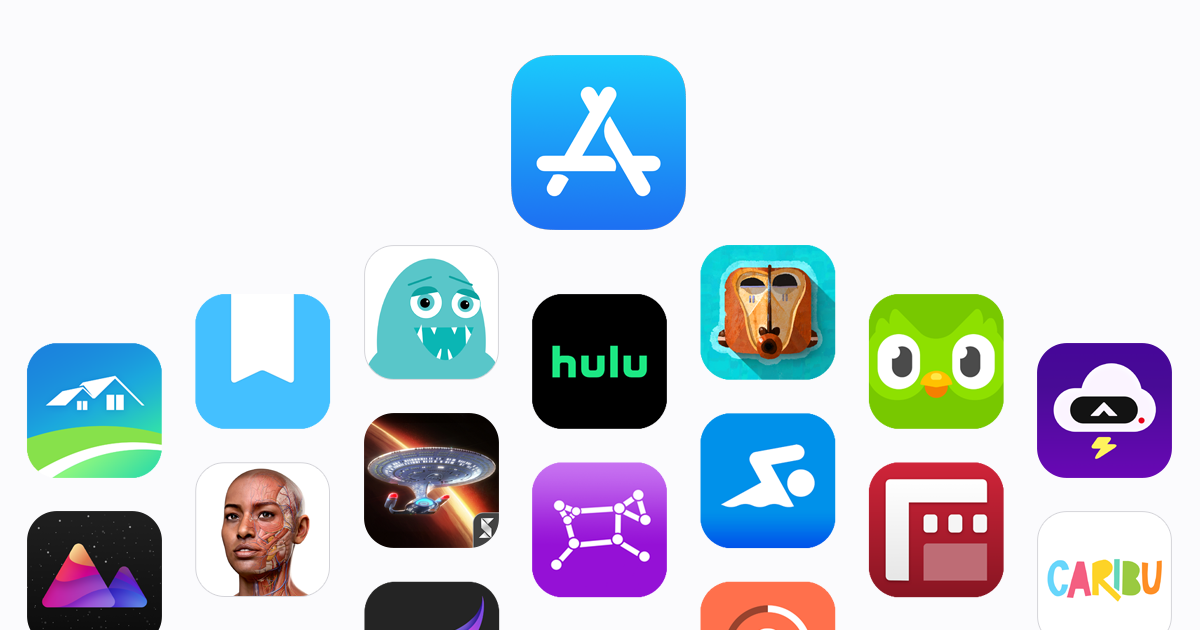
Common Security Threats for iPhones
Despite the robust security measures implemented by Apple, iPhones are not resistant to everyday security dangers. Phishing assaults address one pervasive danger, where vindictive entertainers endeavor to fool clients into uncovering delicate data through misleading messages.
Furthermore, malware represents a gamble, yet it is more uncommon on iOS compared with different stages. Malware can come in other forms, including spyware, adware, and ransomware, possibly compromising client information or gadget usefulness. To alleviate these dangers, iPhone clients should stay careful and wary while cooperating with obscure connections or downloading applications from untrusted sources.
Clients can more readily shield their iPhones from security breaches by remaining informed about everyday security dangers and pursuing safe perusing routines.
Phishing Attacks
Phishing attacks pose a significant threat to iPhone users, aiming to deceive individuals into divulging sensitive information such as passwords, monetary subtleties, or individual information. These assaults typically happen through false messages, instant messages, or sites that copy authentic sources, frequently mimicking believed substances like banks or online administrations.
Clients cooperating with these misleading messages or connections may think twice about data from noxious entertainers. Notwithstanding the high-level safety efforts of iPhones, clients stay defenseless against phishing assaults because of the human component associated with perceiving and keeping away from such tricks.
Subsequently, iPhone clients should remain cautious, examine approaching correspondences, and try not to tap into dubious connections to safeguard themselves against phishing dangers.

Malware Risks
While iPhones are generally considered less susceptible to malware compared to other platforms, they are not entirely immune to such risks. Malware undermines iPhone clients, including spyware, adware, and ransomware. These malevolent projects can penetrate gadgets through compromised applications or sites, possibly compromising client information or gadget usefulness.
Notwithstanding Apple’s severe application audit process and implicit security highlights, malware influencing iPhones has been accounted for, highlighting the significance of staying watchful.
Clients should practice being alert while downloading applications from untrusted sources and be careful about dubious connections or messages that could prompt malware diseases. Clients can more readily shield their iPhones from potential security dangers by remaining informed about malware chances and embracing safe perusing propensities.
Steps to Enhance iPhone Security
Enhancing iPhone security involves several proactive measures. Right off the bat, consistently introducing programming refreshes guarantees gadgets have the most recent security patches. Furthermore, clients should add applications from the official application store at the risk of experiencing pernicious programming.
Also, keeping away from unstable Wi-Fi organizations and utilizing solid, one-of-a-kind passwords sustain gadget security. By sticking to these practices, iPhone clients can diminish the probability of succumbing to security breaches and shield their delicate data from unapproved access.
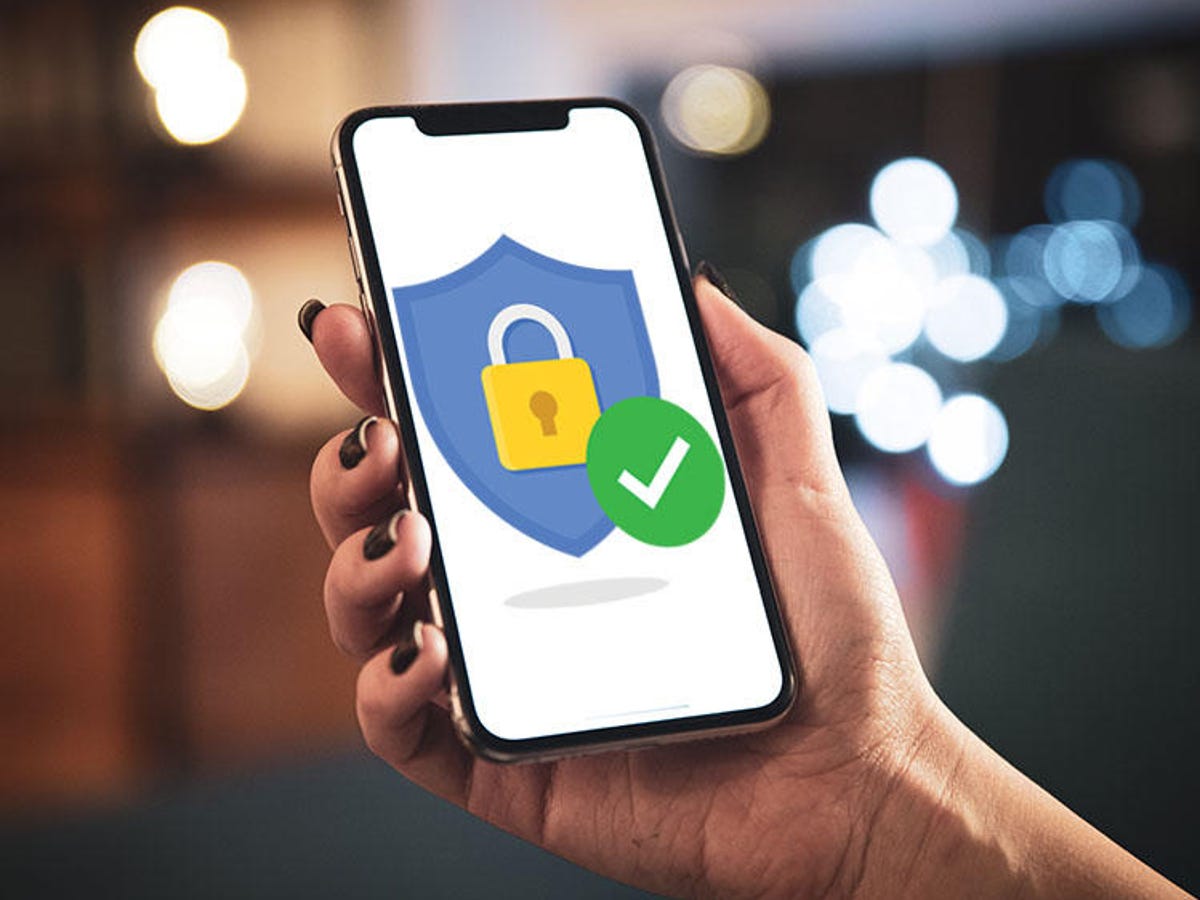
Regular Software Updates
Regularly updating iPhone software is crucial for maintaining device security. Apple often delivers refreshes containing patches for known weaknesses and security defects. By introducing these updates quickly, clients can guarantee their iPhones have the most recent assurances against arising dangers.
Disregarding programming refreshes leaves gadgets powerless against taking advantage of them, expanding the risk of safety breaks or malware diseases. Along these lines, iPhone clients should focus on introducing programming refreshes when accessible to defend their gadgets and individual data successfully.
Avoiding Untrusted Sources
To bolster iPhone security, it’s imperative to avoid downloading apps from untrusted sources. While outsider application stores might offer a more extensive determination, they likewise present more severe dangers of experiencing noxious programming.
Stick to downloading applications only from the official Application Store, where applications go through thorough evaluation for security and quality assurance. This limits the probability of accidentally downloading malware or compromised applications that could endanger gadget security.
By practicing alertness and sticking to this training, iPhone clients can relieve the gamble of succumbing to security dangers and guarantee a more secure portable experience.
Using Secure Networks
Utilizing secure Wi-Fi networks is essential for bolstering iPhone security. While advantageous, public Wi-Fi areas of interest can be defenseless to attempts by malevolent entertainers. All things being equal, interface with trusted and scrambled organizations to shield delicate information sent over the web.
Secure organizations utilize encryption conventions, lessening the risk of snooping or unapproved access to information. By focusing on secure organization associations, iPhone clients can alleviate digital dangers and safeguard their data from possible capture or splitting of the difference while perusing or managing web exchanges.

Myth Busting: Debunking Common Misconceptions
In debunking common misconceptions about iPhone security, it’s crucial to address the thought that iPhones are altogether resistant to infections and malware. While iOS flaunts powerful security highlights, including severe application audit processes, iPhones can be defenseless to security breaks.
Furthermore, the conviction that jailbreaking improves gadget usefulness without compromising security is deceiving. Truly, jailbreaking eliminates critical security limitations, exposing gadgets to more noteworthy malware gambles and unapproved access.
By dissipating these fantasies, clients gain a more precise comprehension of iPhone security weaknesses, engaging them to embrace proactive measures to safeguard their gadgets.
iOS vs. Android Security Comparison
Comparing iOS and Android security reveals distinct differences in approach and vulnerabilities. While iOS benefits from a closed environment with rigid application survey processes, Android’s open-source nature leaves it more defenseless to malware and security breaches. Although both working frameworks get ordinary security refreshes, iOS focuses on client security and information assurance all the more noticeably.
Client conduct likewise assumes a pivotal role in gadget security, as the two stages expect clients to practice alertness while downloading applications and exploring the web. Understanding these distinctions assists clients with arriving at informed conclusions about gadget security and alleviates potential dangers.
Impact of Jailbreaking
Jailbreaking significantly impacts iPhone security by offering expanded customization options and access to unauthorized apps. By avoiding Apple’s underlying safety efforts, jailbreaking opens gadgets to dangers, including malware, diseases, and information breaches.
It compromises the gadget’s honesty, making it more defenseless to unapproved access and control. Also, jailbroken iPhones are ineligible for actual Apple backing and programming refreshes, leaving them helpless against known security weaknesses.
While jailbreaking may offer impermanent advantages, its drawn-out results offset the apparent benefits, presenting critical security dangers to iPhone clients.
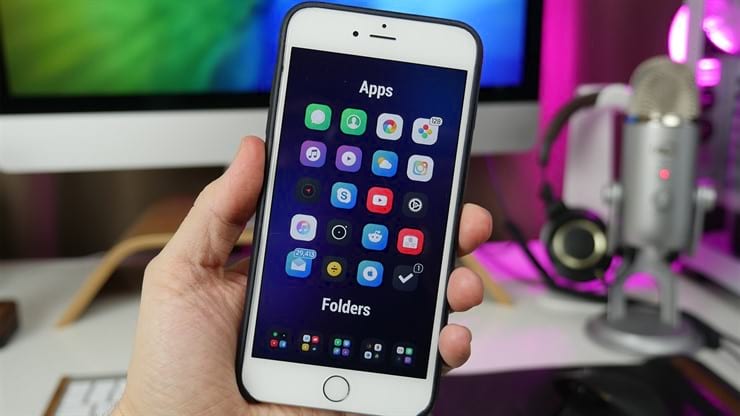
Practical Tips for Virus Prevention
Practical tips for preventing viruses on iPhones incorporate introducing respectable antivirus programming to give extra security against malware. Instructing clients on security best practices, such as staying away from dubious connections and routinely refreshing passwords, encourages them to protect their gadgets.
Besides, adhering to official application stores and avoiding downloads from untrusted sources limits the risk of experiencing malevolent programming.
By executing these methodologies, iPhone clients can proactively moderate the danger of infections and keep up with the security of their gadgets and individual data.
Installing Antivirus Software
Installing antivirus software on iPhones can enhance device security by giving extra assurance against malware and infections. While iOS flaunts implicit solid security highlights, antivirus programming can offer advantageous guard systems, like ongoing examination and danger recognition.
By consistently checking for malevolent programming and potential security dangers, antivirus applications help clients distinguish and alleviate gambles before they compromise gadget usefulness or touchy information.
While the risk of experiencing infections on iPhones is generally low, introducing trustworthy antivirus programming can give clients genuine serenity and guarantee extensive assurance against potential security breaches.

Educating Users on Security Practices
Educating users on security practices is crucial for bolstering iPhone security. Clients can more readily perceive and avoid possible dangers by bringing issues to light about everyday hazards, such as phishing tricks and malware. Empowering practices, for example, routinely refreshing passwords, staying away from dubious connections, and using two-factor confirmation reinforce gadget security.
Furthermore, giving direction on safe perusing propensities and the significance of downloading applications from legitimate sources engages clients to go to proactive lengths to protect their gadgets and individual data against security breaches. Clients can upgrade iPhone security through instruction and mindfulness and alleviate potential dangers.

Conclusion
In conclusion, while iPhones boast robust security features and undergo stringent app review processes, they are not safe from security dangers. Phishing assaults, malware chances, and the effect of jailbreaking highlight the significance of staying careful and embracing proactive safety efforts.
By remaining informed, pursuing safe perusing routines, and using security best practices, clients can relieve the gamble of experiencing infections and shield their iPhones from potential security breaks. Eventually, keeping up with gadget security requires client mindfulness, adherence to security conventions, and utilizing accessible security apparatuses to guarantee the exhaustive assurance of individual data and gadget honesty.
Are antivirus apps necessary for iPhones?
While iOS devices have built-in security features, installing antivirus software can provide additional protection against emerging threats.
How often should I update my iPhone's software?
Installing iOS updates as soon as they become available is essential to ensure your device is equipped with the latest security patches.
What should I do if I suspect my iPhone has a virus?
If you suspect your iPhone has been compromised, run a reputable antivirus scan and consider resetting your device to factory settings if necessary.
Can jailbreaking my iPhone make it more susceptible to viruses?
Yes, jailbreaking removes built-in security protections, making iPhones more vulnerable to malware and other security threats.







